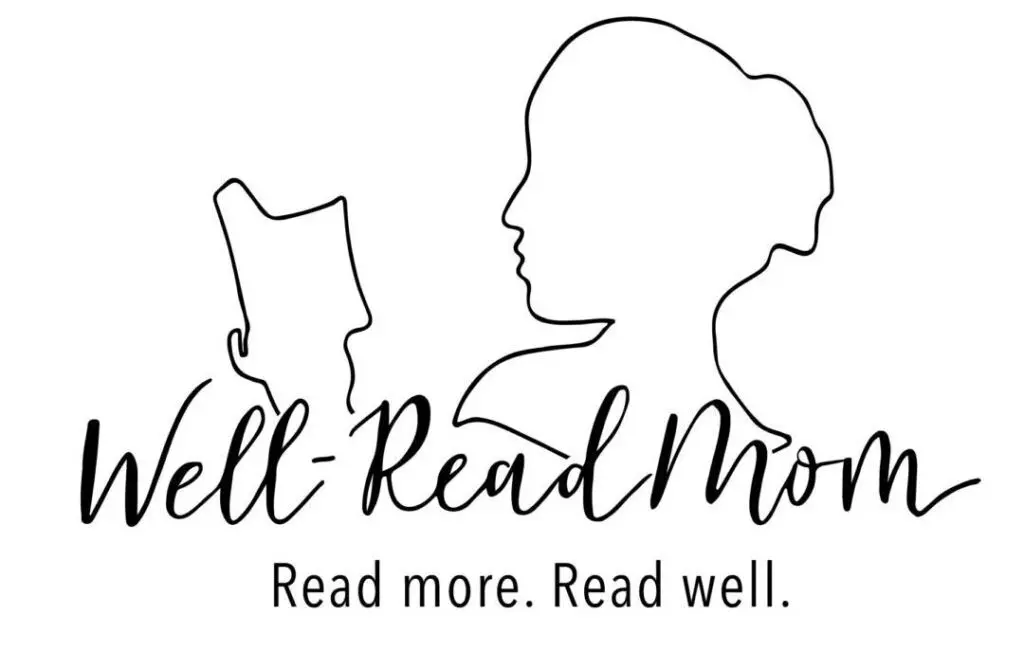An Armchair Revolution: Take Back Your Time
An excerpt from The Well Read Life by Marcie Stokman and Colleen Hutt
“Let your mind become a lens, thanks to the converging rays of attention; let your soul be all intent on whatever it is that is established in your mind as a dominant, wholly absorbing idea.”
— A. G. Sertillanges
Approaching literature begins with leisure. Recovering leisure reading as a kind of spiritual discipline will help us move from interior boredom to an expanding inner life. There is not only enjoyment, relaxation, and restoration from this practice but also the shaping and enriching of a Catholic-imaginative view of the world.
What do we need, as human beings? What is it that helps us live our vocations—as spouses, as parents, as workers—in such a way that we thrive? What helps us to be alive in our families, our friendships, and our work? What allows us to continue in our giving and our doing—without burning out amid so many demands? And, if we do experience burnout, how do we get back on track?
One of the things we need is time to ourselves.
I (Marcie) used to think of this free time as my time to do whatever I wanted: take it easy, take a nap, go out with girlfriends, watch a movie, escape the duties of home life for a little while. But what I’ve come to understand is this: for free time to be restorative, it needs to include an experience of leisure.
If you ask people today why they no longer make time to read (or draw or play music or even pray), a very common answer is “I don’t have time.” For many people today, reading a novel seems like a luxury they cannot afford in the rat race of modern life. We tend to value “productivity” or “doing/working” over “resting” or “being.” For many of us, we see this shift from valuing rest to prioritizing activity particularly evident in how we celebrate (or don’t) the Sabbath.
ORDERING YOUR LIFE TO THE RESURRECTION
Sunday used to be a day of rest. Sundays were for going to church, visiting with family, being quiet, and being restored. Most stores were closed on Sunday. Sporting events, particularly for children, did not happen on Sunday as a cultural recognition of having one day of the week—the first day of the week—to give to God in thanksgiving and for contemplating his work in our lives.
In the Gospel of Mark, Jesus reminds us, “The Sabbath was made for man, not man for the Sabbath” (Mk 2:27). In other words, Sunday is a day to remember the Resurrection! This central event in the life of Christians becomes the fact by which all our activities and work find meaning. We pause and reflect on the life Christ has won for us. Our purpose lies not in what we can produce but in the meaning and end of our work.
AT LEISURE WITH JOSEF PIEPER
Josef Pieper was a twentieth-century German philosopher whose prophetic essay Leisure: The Basis of Culture underscored a fundamental problem with our culture: we don’t have enough leisure time! Interestingly, this essay was written one year after the word workaholic entered our English lexicon.
Pieper argues that leisure is fundamental for religion to flourish, because it prioritizes time spent contemplating the origin of things, which necessitates a reference point outside of ourselves and which leads us to God. According to Pieper, time spent reading works of literature is not a luxury to indulge in after all our work is done but an essential starting point for human flourishing.
Do our families experience leisure? What fills our leisure time? Do you feel guilty about sitting down to read a book instead of tackling something on the never-ending “to-do” list? We need to take seriously the lifeline of leisure and restructure our time to give way to contemplation, artistic pursuits, thinking and reading, if we dare to build a culture of hope and love.
Pieper claims that all work has two fundamental aspects, ratio and intellectus. Ratio work is that which is measurable and observable. This is the work that occupies most people’s day-to-day lives: plotting, graphing, measuring, shopping, cooking, cleaning, organizing, gathering, and orchestrating. These tasks belong to the ratio elements of work and serve to keep our jobs and homes in varying degrees of unity.
So, what happens when we reduce all work to the ratio or measurable work, and don’t give time and energy to the metaphysical dimension of our work (intellectus)? Cultural decay occurs. We can see signs of this everywhere: from the frantic focus on our children’s GPAs instead of the cultivation of curiosity and wonder, to reading for information instead of arousing empathy. Prioritizing the accomplishment of tasks instead of connecting, lingering at the table, and remembering that the people placed in our midst are mysteries to be enjoyed. Our work has a purpose and an end: to rest and to worship. We ought to heed Jesus’s instruction to honor the Sabbath.
Genesis reveals to us a foundational truth: everything that exists falls into two categories, the Creator and the created. In his “Letter to Artists,” St. John Paul II states, “He who creates bestows being itself, He brings something out of nothing . . . and this, in the strict sense, is a mode of operation which belongs to the Almighty alone. The craftsman, by contrast, uses something that already exists, to which he gives form and meaning. This is the mode of operation peculiar to man as made in the image of God.”
Man is made in imago Dei—in the image of God; therefore, the study of man, and his history on earth, is really a hunt for God whose image we bear. A writer uses language (a given entity) to communicate this truth (knowingly or unknowingly). In this way, a writer can be a craftsman in the sense St. John Paul II spoke of— reading literature becomes a hunt to know the origins of our created self and thus to know God. Language communicates reality, and reality is created by God.
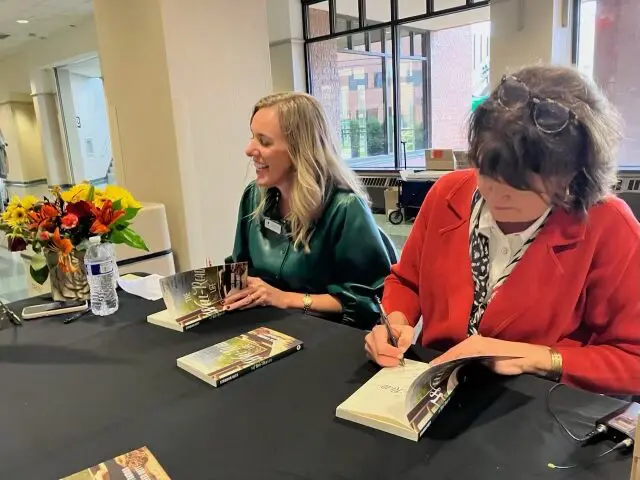
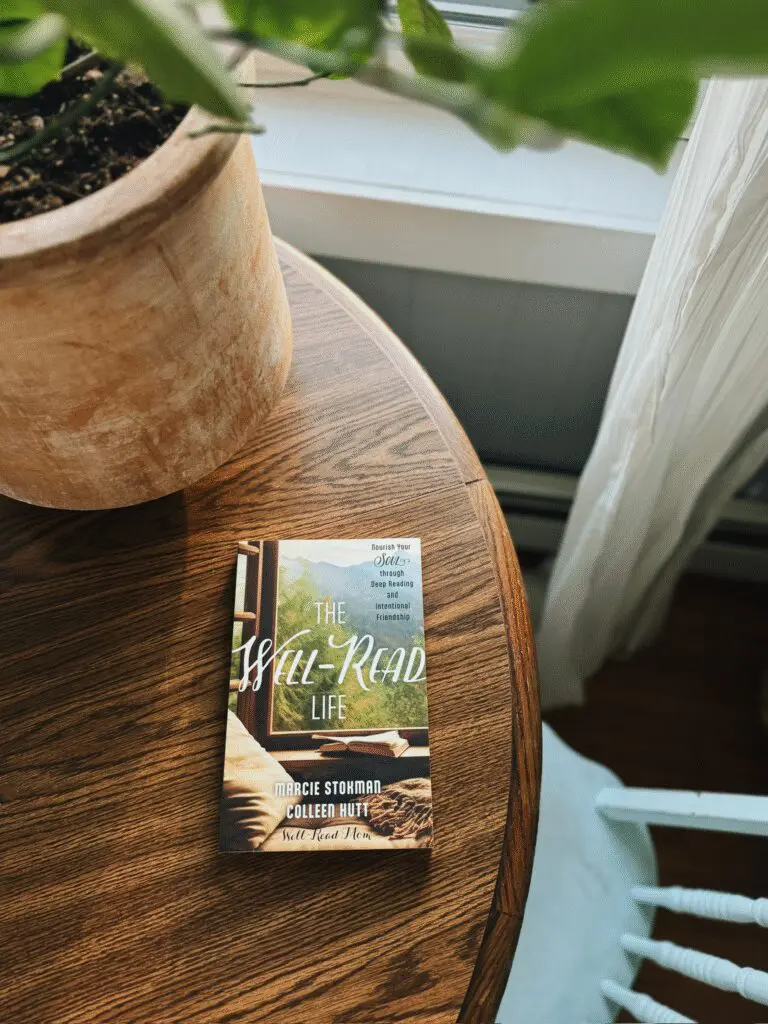
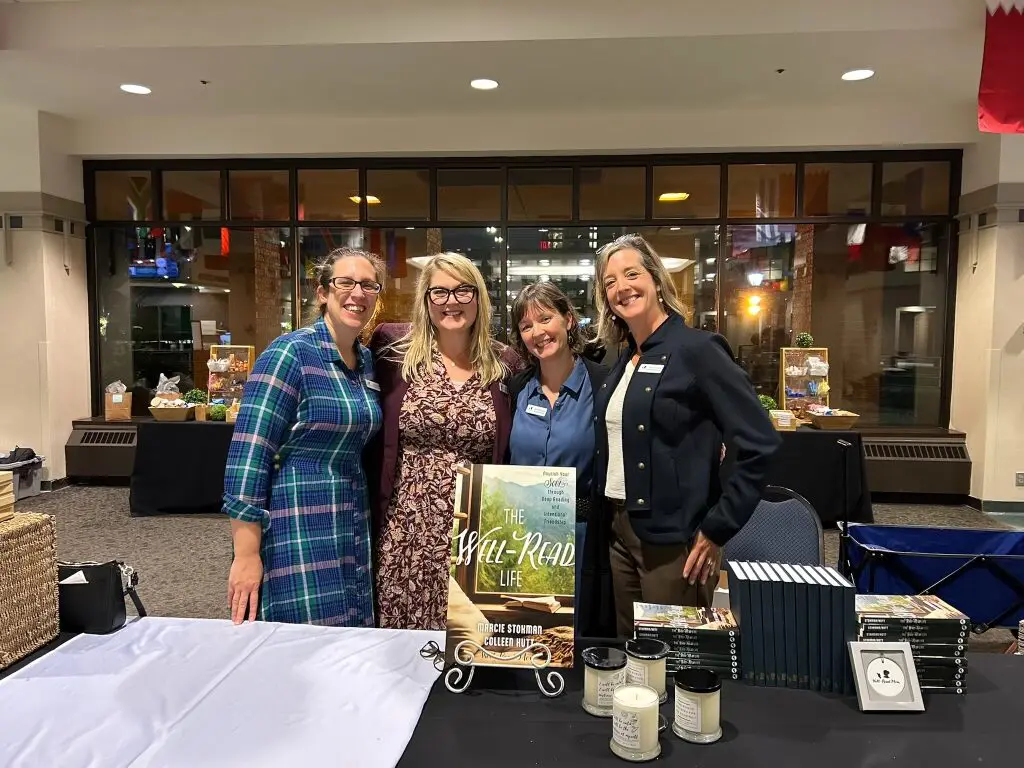
Leisure creates a space to contemplate the origins of our very existence, which in turn reveals the meaning of our work. We need to take back our time so as to be “re-created” through leisure to ask the deep questions of our lives.
Any act of work presupposes a gift. For example, the first, most basic principle in cooking is not my activity, my “making,” but rather that something there is food upon which to act! I (Colleen) did not grow this food or cultivate the seeds. I did not press the oil or ferment the grapes for the wine. Before any action occurs, there is always a gift.
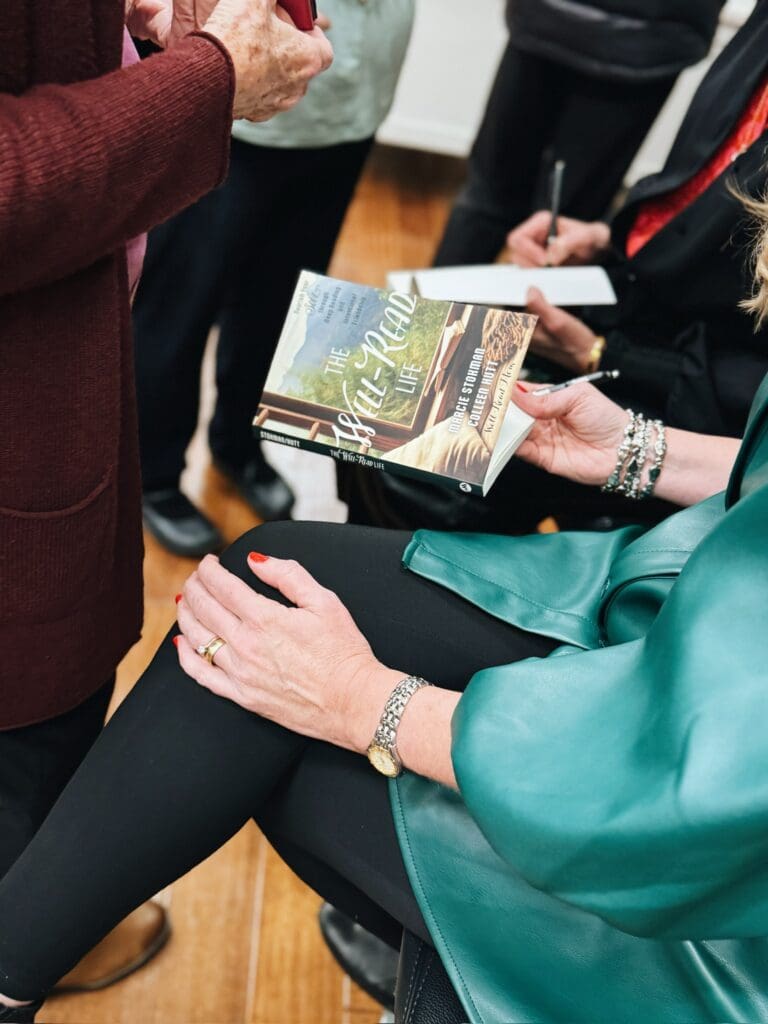
I do not plan and prepare a meal to snap an Instagram-worthy picture and produce a “product,” but rather to have my family happily gathered around a table. Attuning our hearts to see the work of our hands as an expression of thanks for the gifts God gives us changes the way we approach our work, making it more true and fruitful—and recognizing that something is given implies there must be a Giver.
My family is not the product of my effort, my work. My family has been given, and so I am invited to participate in its cultivation. As Bishop Robert Barron says frequently, “Your life isn’t about you.” By recognizing this truth, we have a deeper freedom, because our work is a participation in something, not a construction of our own selves. This fundamental recognition allows me to turn my attention to God, the giver of all gifts, and offer Him my praise and adoration.
Similarly, leisure is not interchangeable with entertainment or amusement, as I had naively assumed. Leisure, says Pieper, is a “mental and spiritual attitude . . . it is not the inevitable result of spare time, a holiday, a weekend, or a vacation.” The mere fact that I have free time to do what I want will not restore my soul. I need an openness to hear and perceive the presence of God.
“Leisure,” Pieper continues, “is a receptive attitude of mind, a contemplative attitude, and it is not only the occasion but also the capacity for steeping oneself in the whole of creation.” Leisure is the way we reconnect to God and the bigger picture of creation, life, and love—the things that really matter. This is the bigger story we are part of, as we are reminded in this Story of a Well-Read Life.
STORIES OF A WELL-READ LIFE: MOMENTS OF FRUITFUL INTROSPECTION
I recently had a conversation with my aunt about a book she had read, Remains of the Day by Kazuo Ishiguro. In this work, Ishiguro reflects on the life of a butler named Stevens who has spent the better part of his life in service to the lords of the home he serves, Lord Darlington initially, and later Mr. Farraday. When Mr. Farraday implores Stevens to take a holiday, Stevens takes the master’s car on a drive into the English countryside. As soon as he is free from the workaday world of the home, he finds himself stopping at country waysides where memories of his past begin to emerge. Leisure provides him with a much-needed moment to reflect on his own life. He contemplates the choices he has made—prizing duty toward his employer above his own human needs. My aunt, an octogenarian, reflected on how much she had enjoyed this book because it got her thinking about her own life. Leisure provides introspection. Wayside moments are not idle moments of waste but fertile seeds to nourish and grow.
— C.H.
Hello, Dear Reader! Did you enjoy this blog? To continue reading The Well Read Life by Marcie Stokman and Colleen Hutt please visit our Well-Read Mom Store.

About Marcie Stokman
Marcie Stokman, M.A., is the founder and president of Well-Read Mom. She writes and speaks to encourage women and share the power of reading. She is the author of The Well-Read Mom: Read More. Read Well. and a co-author of The Well-Read Life alongside Colleen Hutt.

About Colleen Hutt
Colleen Hutt is the Well-Read Mom Director of Pilgrimage. She leads two Well-Read Mom groups currently and serves on the Well-Read Mom national committee. She loves learning and growing in her faith and tries to approach the struggles of modern life from the heart of the Church. She is a co-author of The Well-Read Life alongside Marcie Stokman, M.A.
About Well-Read Mom
In Well-Read Mom, women read more and read well. Our hope is to deepen the awareness of meaning hidden in each woman’s daily life, elevate the cultural conversation, and revitalize reading literature from books. If you would like to have us help you select worthy reading material, we invite you to join and read along with us. We are better together! For information on how to start or join a Well-Read Mom group visit our website wellreadmom.com
